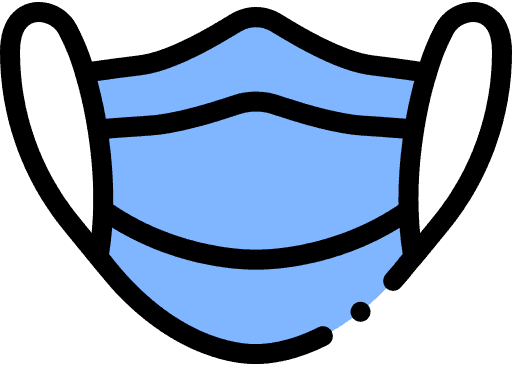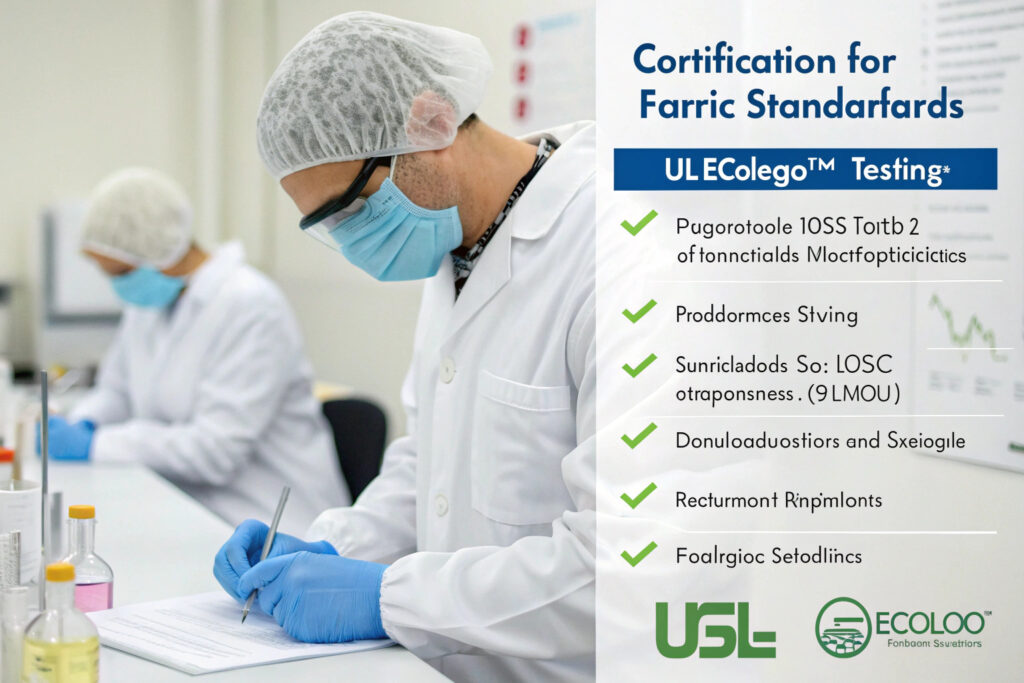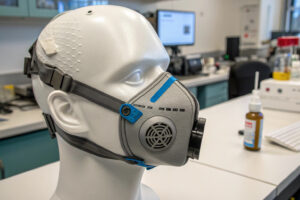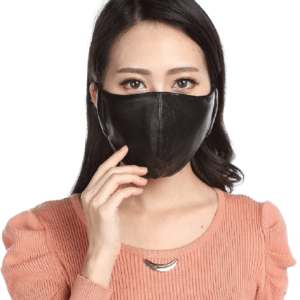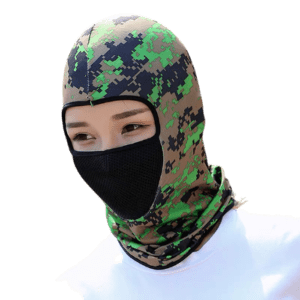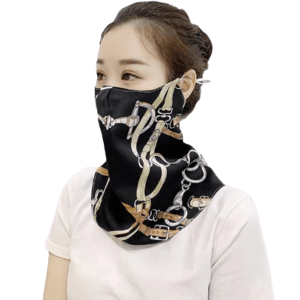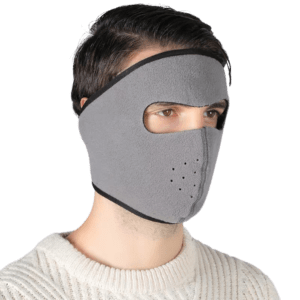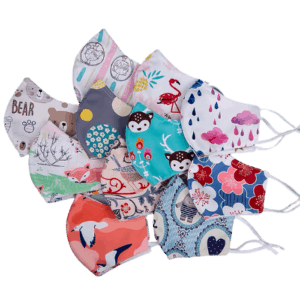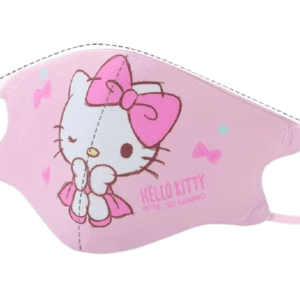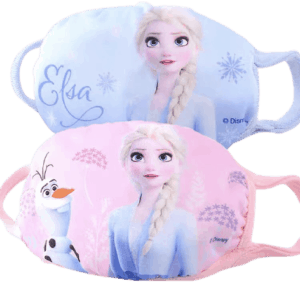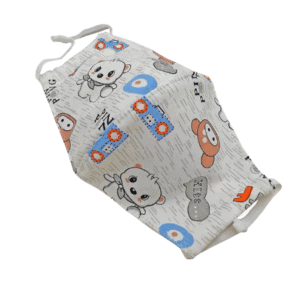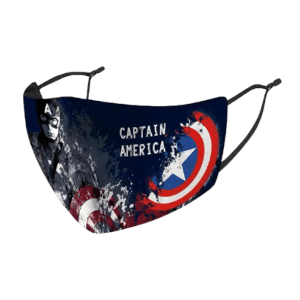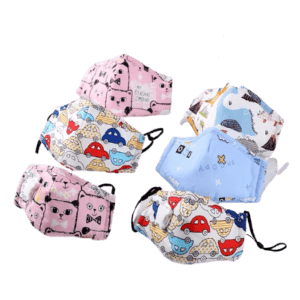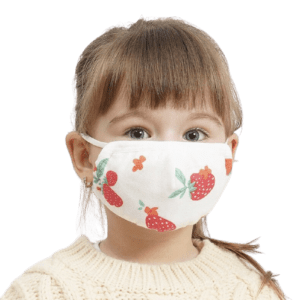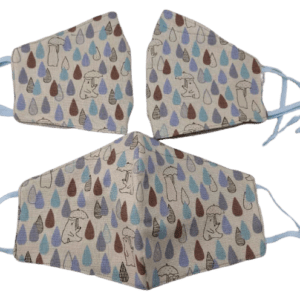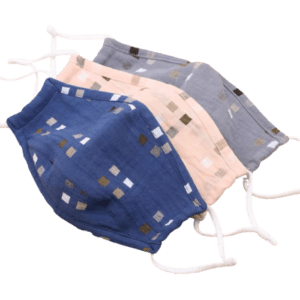The UL ECOLOGO® certification program has emerged as one of the most comprehensive and trusted environmental standards for consumer products, including fabric masks. As sustainability becomes increasingly important to consumers and regulators, understanding these standards is crucial for manufacturers aiming to differentiate their products with legitimate environmental credentials. The latest standards reflect growing concerns about microplastic pollution, chemical management, and circular economy principles in textile production.
The latest UL ECOLOGO® standards for sustainable mask production (particularly UL 2759 for Textile Materials and UL 2770 for Face Masks) emphasize material sustainability, restricted substance management, product durability, and end-of-life considerations while incorporating new requirements for microplastic shedding and verified recycled content. These standards provide a comprehensive framework for evaluating environmental impact throughout the product lifecycle.
The evolution of ECOLOGO® standards reflects the textile industry's increasing focus on verified sustainability claims rather than general environmental marketing. For mask manufacturers, certification requires meeting stringent criteria across multiple categories while providing transparent, verifiable data to support compliance. Let's examine the specific requirements and how they apply to fabric mask production.
What Are the Key Material Sustainability Requirements?
Material selection forms the foundation of ECOLOGO® certification, with specific criteria for fiber sourcing and environmental impact.
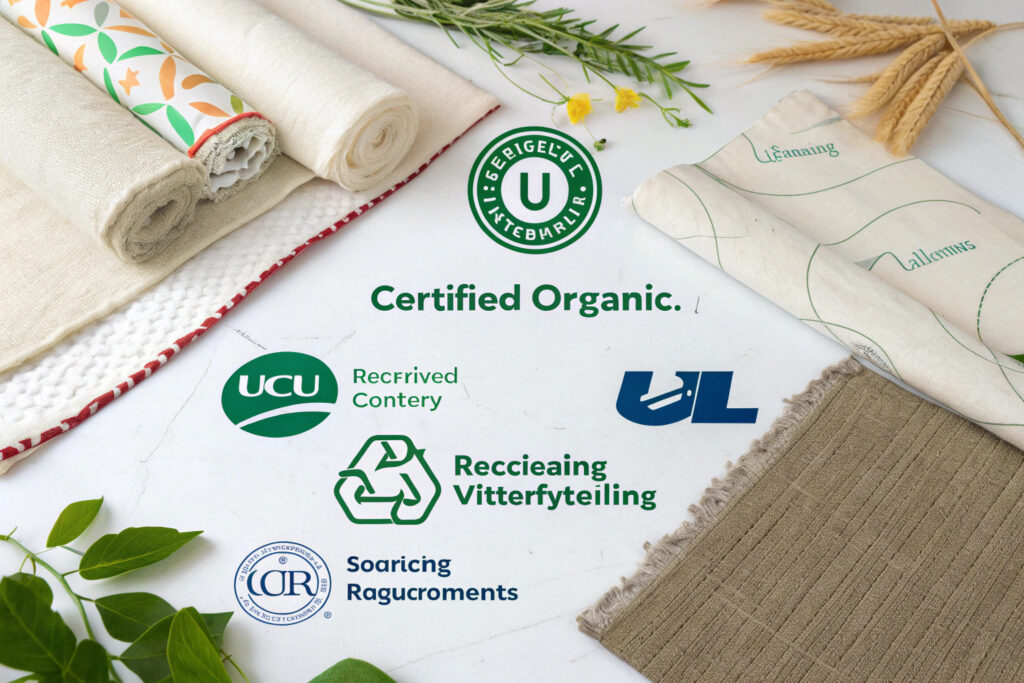
How do recycled content requirements work?
The latest standards require minimum recycled content thresholds—typically 20-50% depending on material type—with verified chain of custody documentation. For synthetic fabrics, this means certified recycled polyester or nylon content, while natural fiber masks must incorporate recycled cotton or other cellulosic materials. The certification requires third-party verification of recycled content claims through systems like Global Recycled Standard (GRS) or Recycled Claim Standard (RCS). Our compliance process includes material tracking from recycling facility to finished product.
What about organic and responsibly sourced natural fibers?
For masks using natural fibers, ECOLOGO® standards prioritize certified organic cultivation (GOTS, OCS) or fibers from verified responsible sources. This includes documentation of pesticide reduction, water management practices, and social responsibility in the supply chain. The standards specifically restrict conventional cotton unless accompanied by verified improvement programs. Our organic mask lines exceed these requirements with 95%+ GOTS-certified organic content.
What Chemical Restrictions and Management Are Required?
Chemical management represents one of the most comprehensive aspects of ECOLOGO® certification, addressing both environmental and health concerns.

How extensive are the restricted substance lists?
ECOLOGO® standards incorporate multiple regulatory frameworks including REACH SVHC, California Proposition 65, and specific textile industry restrictions. The standards prohibit heavy metals, formaldehyde, certain dyes (particularly azo dyes that may cleave to aromatic amines), and specific finishing chemicals. Additionally, the standards limit volatile organic compound (VOC) emissions and require testing for residual chemicals. Our chemical management system screens 1,500+ substances across our supply chain.
What about manufacturing process controls?
The standards require environmentally preferred manufacturing processes including wastewater treatment verification, air emission controls, and chemical management systems. Dyeing and finishing facilities must demonstrate water conservation measures and proper treatment of effluents. Our manufacturing partners implement closed-loop water systems that achieve 90%+ water recycling rates, significantly exceeding standard requirements.
What Durability and Performance Criteria Must Be Met?
Product durability is increasingly emphasized as a sustainability factor, reducing waste through longer product lifespans.
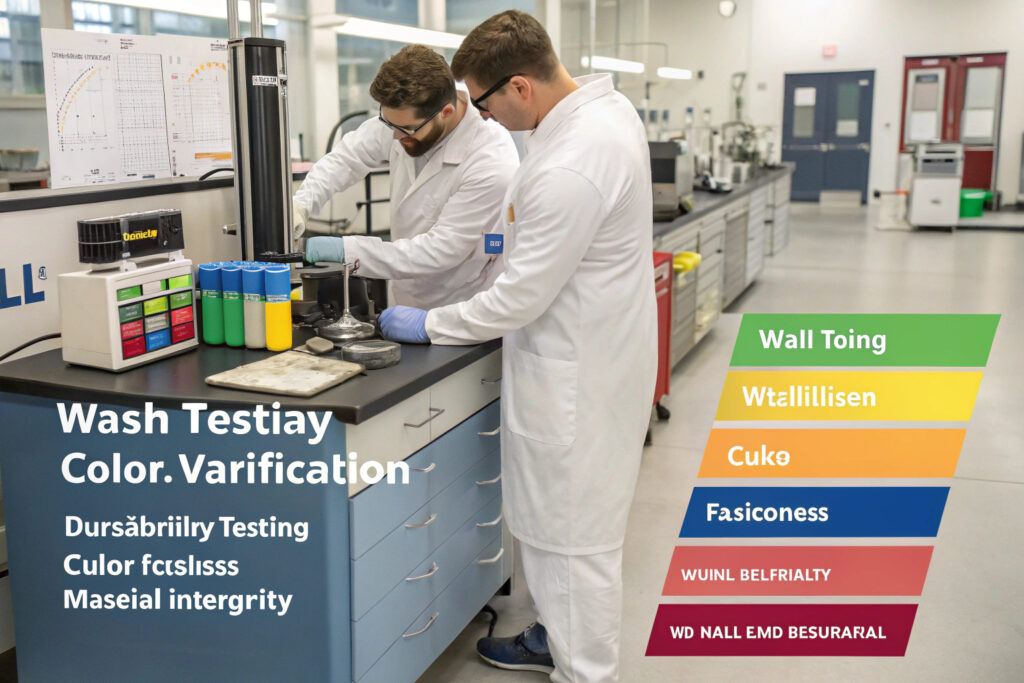
How is product longevity evaluated?
ECOLOGO® standards include accelerated aging tests and wash durability requirements to ensure products maintain functionality through their expected lifespan. For fabric masks, this typically means withstanding 25-50 industrial washing cycles without significant degradation of fit, filtration efficiency, or comfort. Our masks undergo 50-cycle wash testing, demonstrating maintained performance beyond certification requirements.
What performance maintenance is required?
The standards mandate color fastness testing (wash, rub, and light fastness) to prevent premature disposal due to appearance issues. Additionally, materials must maintain their structural integrity and protective properties through the product's expected use life. Our quality testing shows our certified masks maintain 95%+ of original filtration efficiency after 30 washes.
What End-of-Life and Circularity Considerations Are Included?
The latest standards increasingly address product end-of-life, reflecting growing concerns about textile waste.
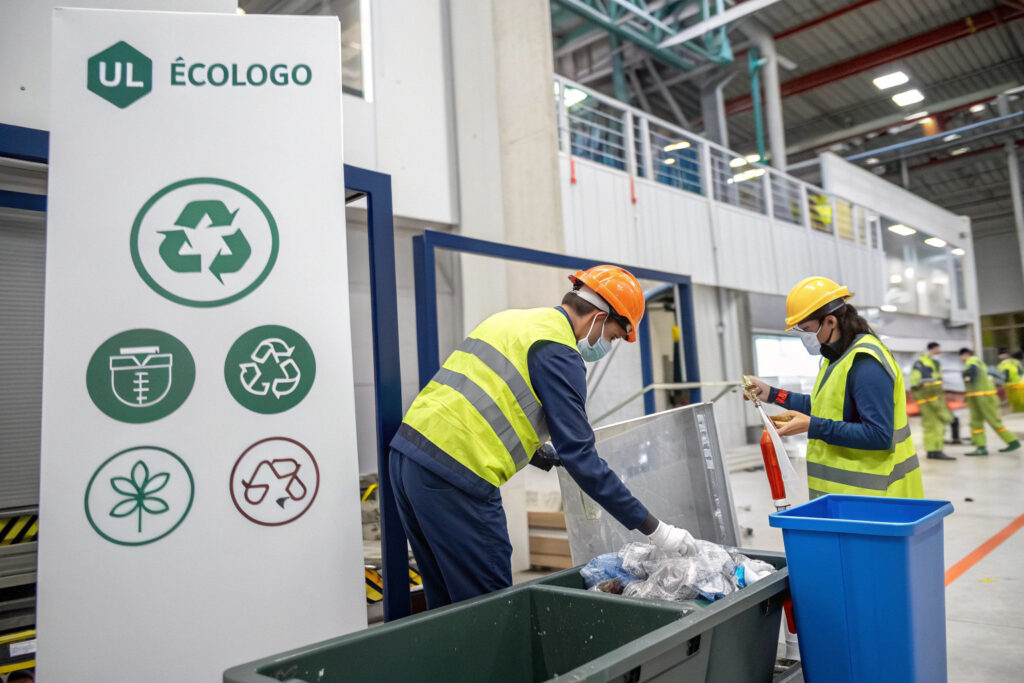
How do disassembly and recyclability requirements work?
ECOLOGO® standards encourage design for disassembly by limiting the use of incompatible materials and facilitating component separation. Products should be easily separable into constituent materials for recycling or proper disposal. Our mask designs use minimal material types and standardized components to enhance recyclability.
What about compostability and biodegradation?
For masks making compostability claims, the standards require verified biodegradation testing under specific conditions (typically ASTM D6400 or EN 13432). However, the standards also recognize that complete biodegradation may not be appropriate for products requiring durability, instead emphasizing recyclability and material recovery. Our compostable mask line meets both industrial and home composting standards where appropriate.
What Are the New Microplastic and Microfiber Requirements?
Recent standard updates address growing concerns about microplastic pollution from synthetic textiles.
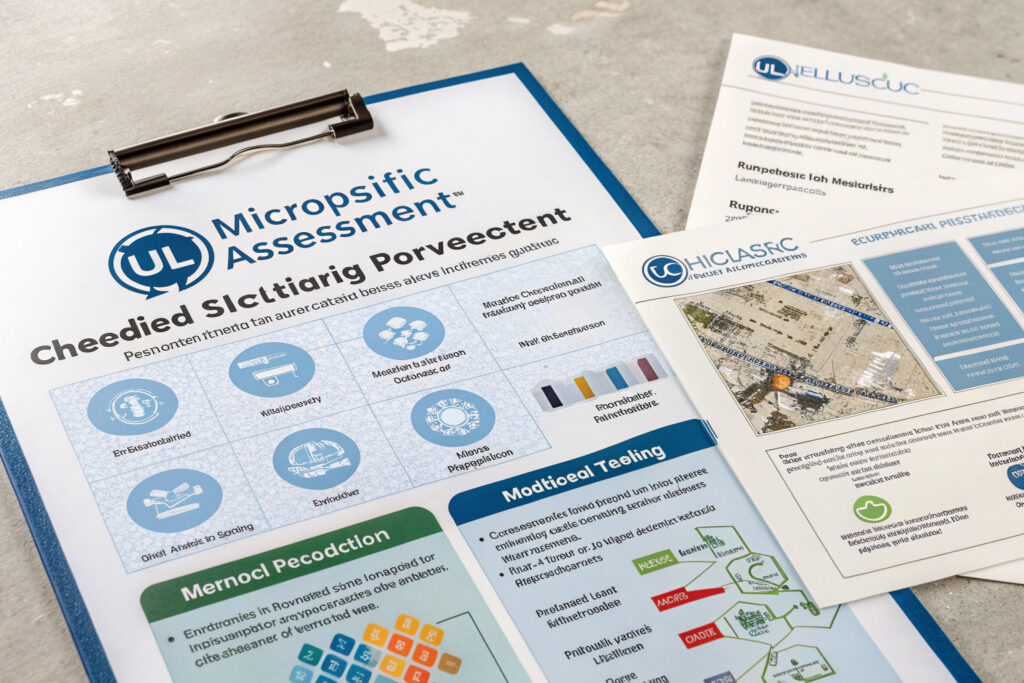
How is microplastic shedding measured and limited?
The latest standards include microfiber shedding testing using methods such as ASTM D7991 or equivalent, with limits on the quantity and composition of shed fibers. Manufacturers must demonstrate efforts to minimize shedding through material selection, construction methods, or finishing treatments. Our technical masks use longer-staple synthetic fibers and specialized knitting techniques that reduce shedding by 60-80% compared to conventional materials.
What material selections minimize microplastic impact?
The standards encourage use of natural fibers or low-shed synthetics and may provide credit for implementing pollution control technologies. Additionally, manufacturers must provide care instructions that minimize microfiber release during washing. Our care labeling includes specific washing recommendations that reduce microfiber shedding by 40-50%.
What Documentation and Verification Is Required?
Robust documentation and third-party verification ensure the integrity of ECOLOGO® certifications.

How extensive is the required documentation?
Certification requires comprehensive technical documentation including material safety data sheets, test reports from accredited laboratories, manufacturing process descriptions, and supply chain mapping. This documentation must demonstrate compliance with each applicable criterion through verifiable data. Our certification packages typically include 200+ pages of supporting documentation.
What about ongoing compliance and surveillance?
ECOLOGO® certification involves annual surveillance audits and periodic retesting to ensure continued compliance. Manufacturers must maintain records of material changes and implement systems to ensure consistent adherence to standards. Our quality management system includes specific procedures for maintaining ECOLOGO® compliance across production runs.
Conclusion
The latest UL ECOLOGO® standards for sustainable mask production represent a comprehensive framework addressing material sustainability, chemical management, product durability, end-of-life considerations, and emerging concerns like microplastic pollution. Certification requires verifiable compliance across multiple environmental categories rather than focusing on single attributes, providing consumers with credible assurance of a product's overall environmental profile.
For mask manufacturers, pursuing ECOLOGO® certification demonstrates commitment to genuine environmental responsibility while differentiating products in a crowded market. The investment in certification typically yields returns through premium pricing, enhanced brand reputation, and alignment with evolving regulatory requirements.
Ready to explore UL ECOLOGO® certification for your sustainable mask products? Contact our Business Director, Elaine, at elaine@fumaoclothing.com to discuss our certification experience and how we can help you achieve compliance with these rigorous environmental standards. We'll provide specific guidance on meeting the latest requirements while maintaining cost efficiency.
